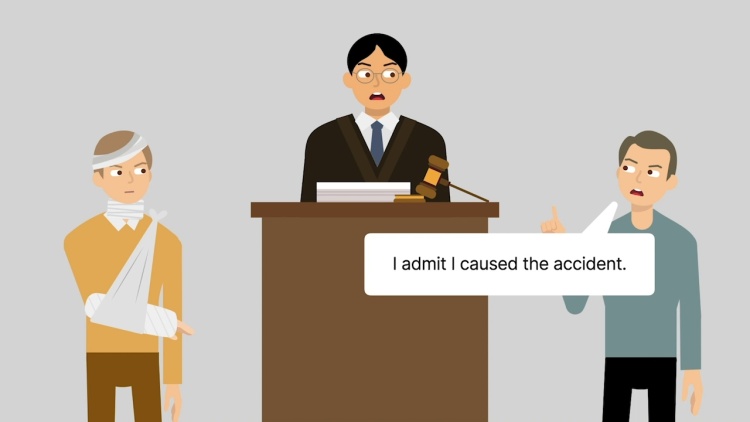Kenney v. Liston
West Virginia Supreme Court of Appeals
760 S.E.2d 434 (2014)
- Written by Craig Conway, LLM
Facts
Samuel Liston (plaintiff) was seriously injured when a vehicle driven by an intoxicated John Kenney (defendant) slammed into Liston’s car. As a result of his injuries, Liston incurred medical bills in excess of $70,000. Subsequently, Kenney admitted liability. Thus, the only issue to be determined at trial was the measure of damages. Kenney’s counsel filed a pre-trial motion in limine, claiming that only a portion of Liston’s bills had been paid by Liston as a co-payment or deductible or by Liston’s health-insurance carrier, Blue Cross/Blue Shield (BCBS). Additionally, Kenney argued that under an agreement between Liston’s hospital and its physicians and BCBS, many of Liston’s medical bills had been discounted or reduced, and the remaining unpaid balances had been written off by the medical providers. Kenney claimed that Liston’s damages should be limited to the amounts actually paid by Liston or BCBS. The trial court denied Kenney’s motion, reasoning that under the collateral-source rule, Liston was entitled to recover damages for the value of any reasonable and necessary medical services he received, regardless of whether the services were subsequently discounted, were reduced, or were rendered gratuitously by another. After a trial, the jury held for Liston and awarded him over $325,000 in compensatory damages, which included over $74,000 for past medical expenses. Kenney appealed.
Rule of Law
Issue
Holding and Reasoning (Ketchum, J.)
Dissent (Loughry, J.)
What to do next…
Here's why 905,000 law students have relied on our case briefs:
- Written by law professors and practitioners, not other law students. 47,100 briefs, keyed to 995 casebooks. Top-notch customer support.
- The right amount of information, includes the facts, issues, rule of law, holding and reasoning, and any concurrences and dissents.
- Access in your classes, works on your mobile and tablet. Massive library of related video lessons and high quality multiple-choice questions.
- Easy to use, uniform format for every case brief. Written in plain English, not in legalese. Our briefs summarize and simplify; they don’t just repeat the court’s language.





